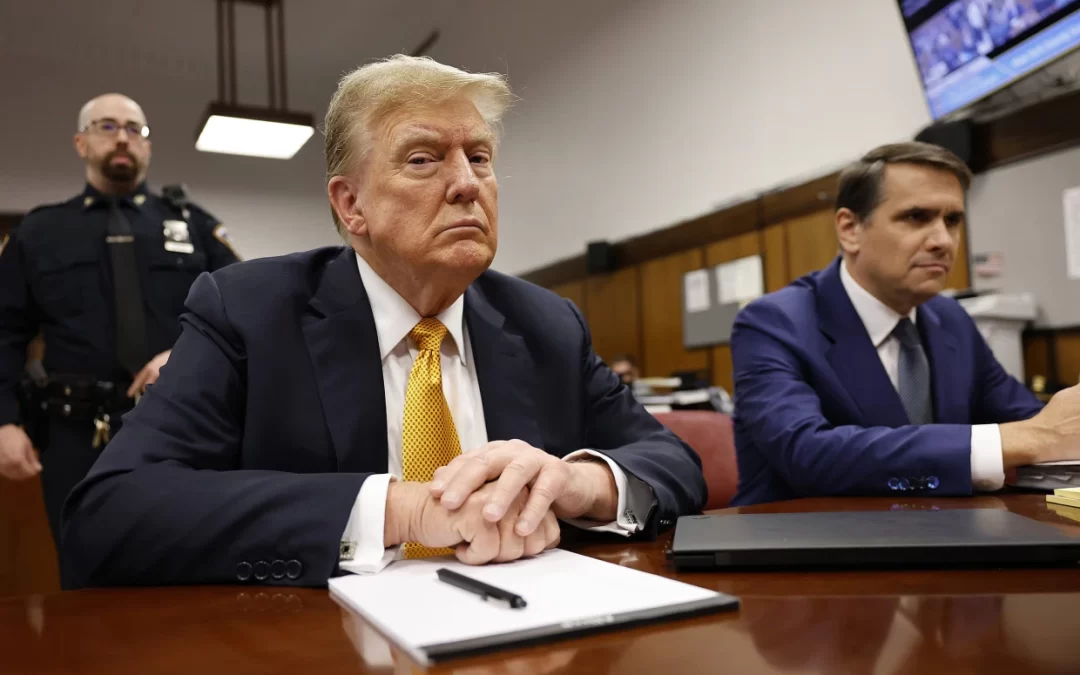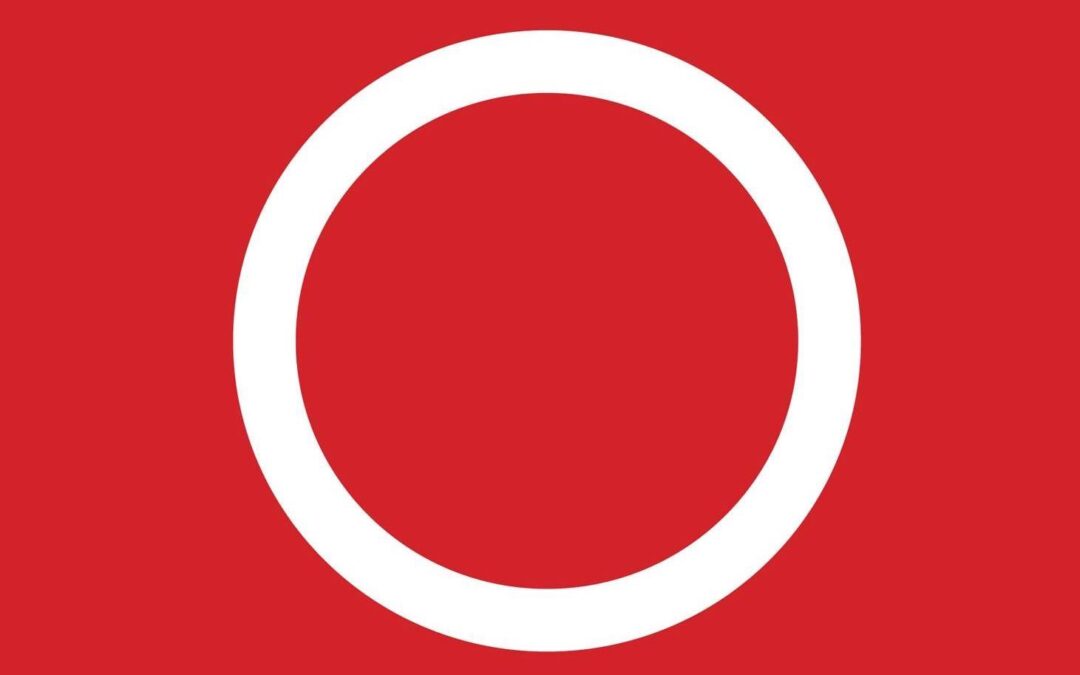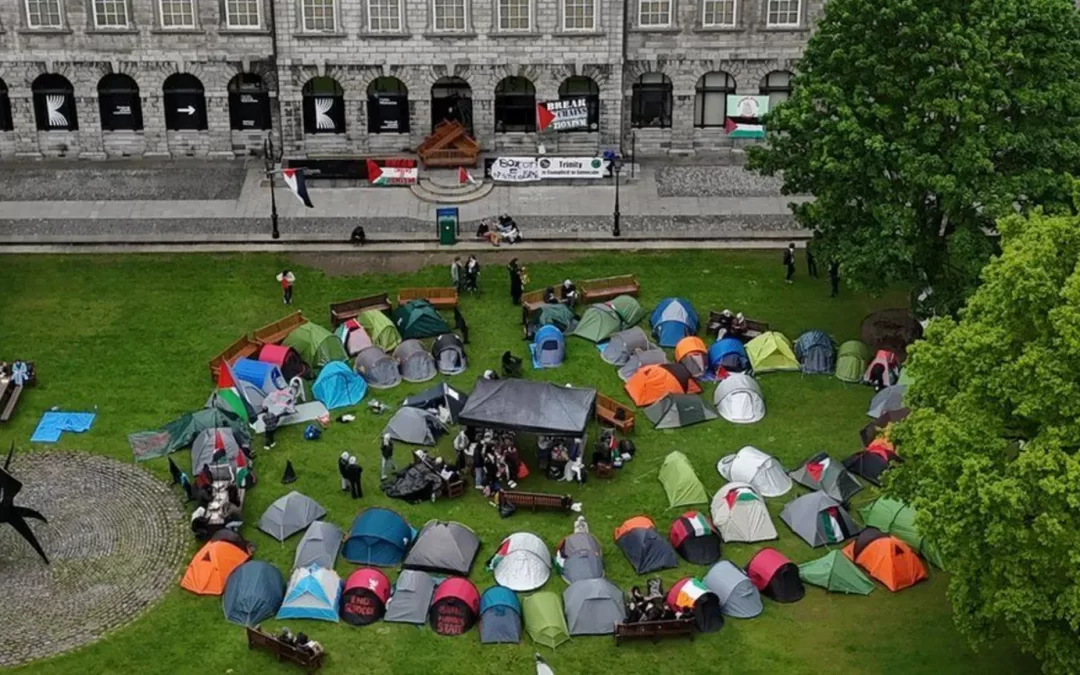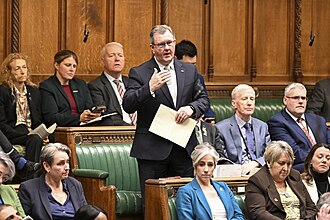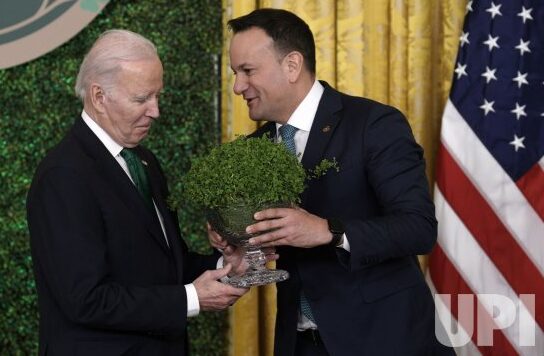
Report from America – a nation on the horns of a dilemma!
Report from America – a nation on the horns of a dilemma!
If you're a Democrat, the presidential debate that took place on June 27 was an absolute nightmare. Biden was unsteady on his feet as he walked out on stage before the debate, in contrast to Trump. That was a bad prediction for what was to come. Biden spoke in a weak, boring and monotonous voice. He became confused from time to time as he tried to recall details. Sometimes, one word came out when another word was intended. For example, he said trillionaires when he should have said billionaires. At other times, he lost the thread of his thoughts entirely, and at the same time seemed to be confused. For example, when he was criticizing Trump for his contribution to the national debt, this is what Biden said: “We're able to make every single person … eligible for everything that I've been able to do with him the, uh, with — with the Covid, uh excuse me, with, dealing with, everything we have to do, uh … see … if … we finally won Medicare.”
Trump promptly responded with a grin from ear to ear: “Well, he's right, he beat Medicare. He beat it to death.”
Trump told us his bag of lies during the debate, and Biden couldn't convincingly disprove the myths at all. For example, Trump blamed Nancy Pelosi for the attack on the Capitol on January 6, 2021. He said that Biden would raise taxes fourfold, that he would kill children after they were born, and that the economy was the strongest ever during the Trump regime. He said that 18,19 or even 20 million immigrants were taking "Black jobs" and "Hispanic jobs" and that things willo be the worst ever seen under a Biden presidency.
Biden was on the defensive most of the time, and only attacked Trump a few times. For example, he said that Trump was convicted on charges related to his close relationship with porn star Stormy Daniels, and that Trump had 'the morals of an alley cat'.
As heated as the debate was at first, things got worse with each passing minute. As it approaches the end of the debate, they were arguing about who is the better golfer, instead of discussing the big problems regarding their plans at home and abroad. And finally we saw them calling each other names: "Let's not behave like children," Trump told Biden. "You're a child," Biden replied. That is an accurate reflection of the debate, unfortunately.
Analysis
I can't say anything positive about the debate itself, it was so bad. There was nothing substantial to learn from the presidential candidates regarding their policies, that we didn't already know. But I did learn a few interesting things about Biden and Trump, though.
Biden
It was the worst decision of all for Biden to join the debate. There is no doubt about that. He was in no condition to be on that stage at all. Maybe Biden didn't recognize that, because he wasn't thinking clearly. But didn't his handlers or even his wife see that there was something wrong with him – something worse than a cold - seriously? It also looks like President Biden has had some kind of problem for some time; perhaps a problem that is getting worse over time.
Biden has done a lot in his first term, and the economy is currently strong in the country. But he couldn't convincingly tell us the list of their main achievements. Nor has he informed us of what he intends to do if re-elected.
Trump
Trump was lying through his teeth as usual - telling lies in detail and often. He had a big platform to spread his crap, and he didn't miss an opportunity to do it. He also gave Biden a jab or two, but Biden did that job on his own, really. Trump played a smart game, and had a big win against Biden, on the day.
Conclusion agus Moladh
A few things were very clear to me after the debate. The presidential candidates are just, well, leaders who are nothing but figureheads. But behind them, there are powerful and frightening political machines (Republicans and Democrats) operating against each other, with very different agendas. The Republicans believe that the only way for them to maintain their power in the future is to change the rules to their own benefit. They would not have the upper hand in a democratic political system, so they would change to an authoritarian system, with a dictator in charge with power equal to a king/queen. Forget the separation of church and state, as the philosophy and morality of Christian Fundamentalism would be the guiding principles of government. Also, a sectarian, malignant, racist philosophy would be contributing in. In short, the United States of America would be like the 'Republic of Gilead', the dystopian country invented by Margaret Atwood in her novel 'The Handmaid's Tale'.
Democrats would want to maintain the democratic political system and preserve and expand the freedom and rights of citizens, regardless of skin color, gender, religion or ethnicity. Wealthy people and companies would have to pay their share of taxes. The government would be obliged to provide social security services and public health services.
The Democrats did us no favors when they gave their full support to Joe Biden. They knew that there were major problems with that decision, and instead of preparing another candidate for the job, they continued despite their opinions on the matter. They upset the fans of their party, including me. In my opinion, the best thing Joe Biden could do now is to withdraw from the race soon - but the chance of that is small.
My suggestion to voters in the presidential election? Don't bother with anything else but cast your vote for Biden if you prefer a democratic country, or for Trump if you prefer a country like the 'Republic of Gilead'. It's that simple!

